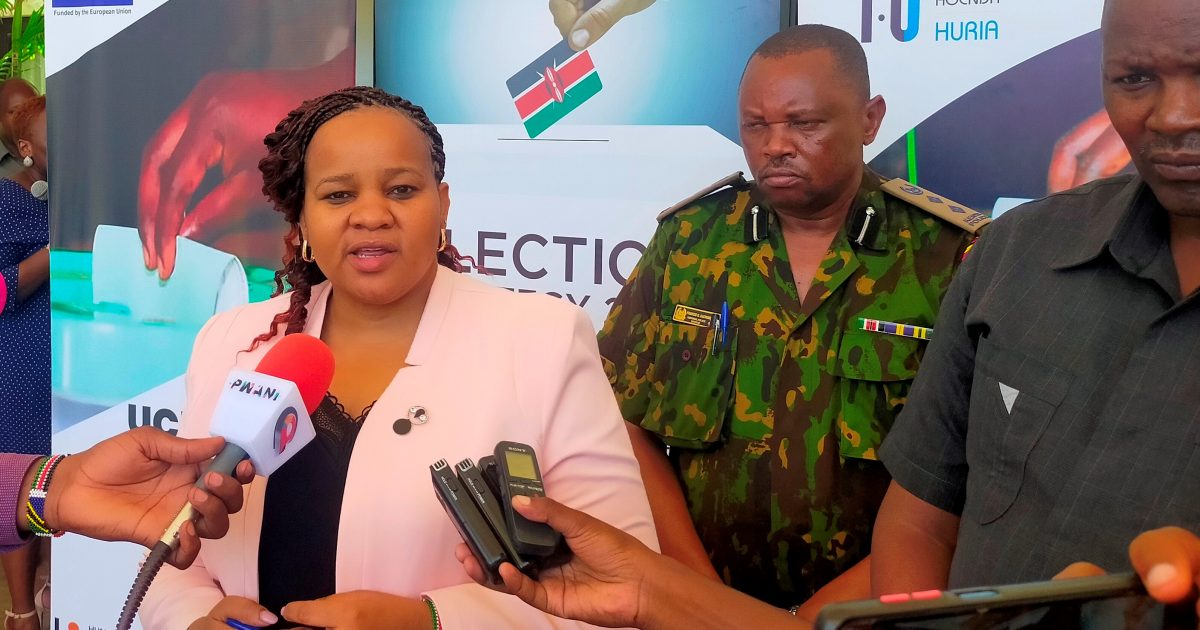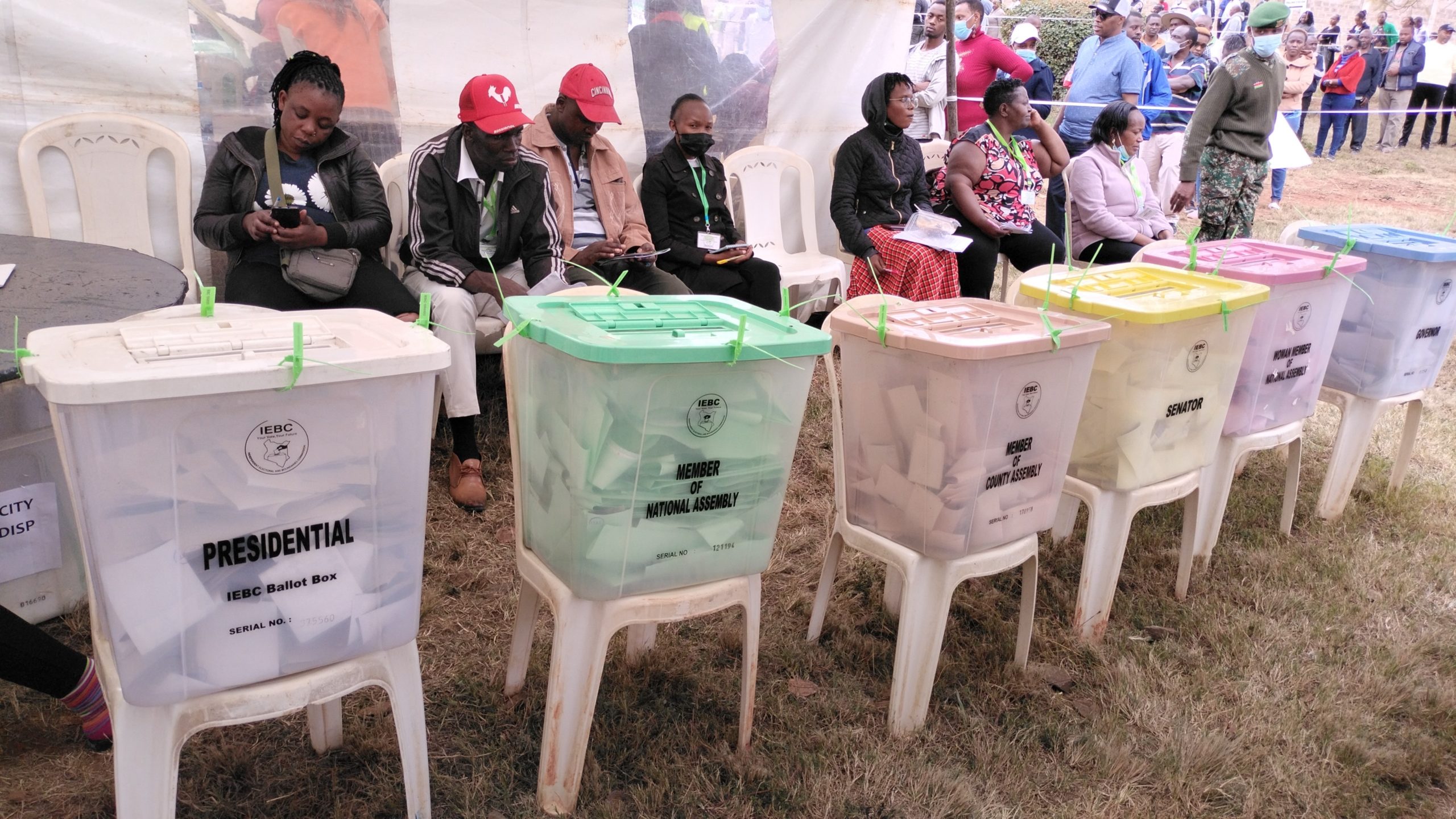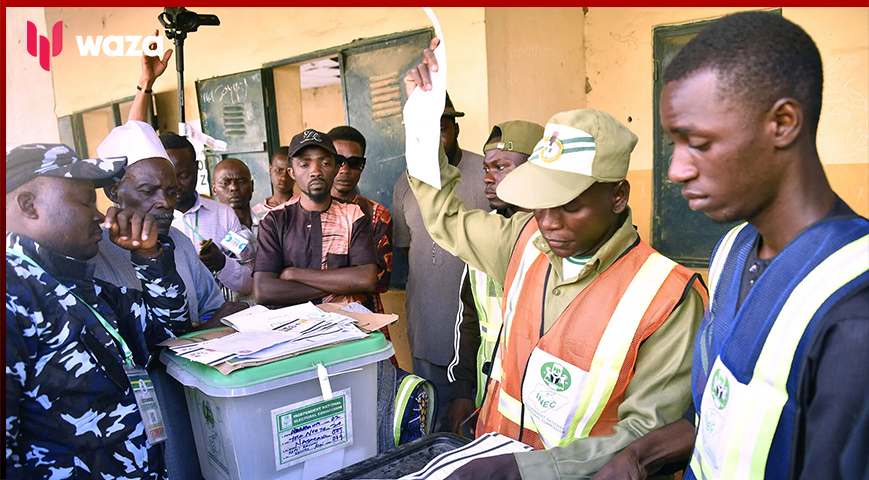Only 26% of Kenyans have faith that the Independent Electoral and Boundaries Commission (IEBC) will deliver free and fair elections in 2027, according to a new survey by Infotrak. The poll, released on Monday, highlights growing concerns about the transparency and effectiveness of the electoral body, with 60% of respondents expressing doubt about its integrity.
Infotrak CEO Angela Ambitho, presenting the findings of the survey conducted between November 16 and 30, noted that external interference was cited as the top concern by 39% of respondents. Additionally, 38% believe corruption within the commission undermines its ability to deliver credible elections, while an equal percentage pointed to the lack of IEBC commissioners as a critical issue.

The survey, supported by the Electoral Law and Governance Institute in Africa, also shed light on broader challenges to democratic processes in Kenya. Voter apathy was highlighted as a significant issue, with 50% of respondents indicating it could hinder governance if left unaddressed. Furthermore, 41% of Kenyans reportedly lack identification cards, which may prevent them from registering as voters, while 16% said a busy schedule kept them from participating in the last general elections.
Did you read this?
Public participation also emerged as a key area of concern, with 75% of Kenyans reporting they have not been involved in any public decision-making processes, leaving them without a voice in critical national issues.

Top National Concerns
The survey also explored the most pressing issues facing Kenyans. The cost of living emerged as the top concern for 51% of respondents, followed by unemployment (36%), corruption (24%), and over-taxation alongside the shift from NHIF to SHIF (23%).
Trust in Government Institutions
When it comes to trust in government institutions, the Executive and the National Assembly led with 37% approval, followed by the police at 33%.
The survey, which included 2,400 respondents from all 47 counties, paints a sobering picture of the challenges Kenya faces as it prepares for the 2027 elections, from electoral transparency to broader socio-economic and governance issues.









